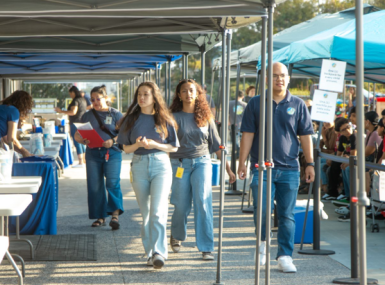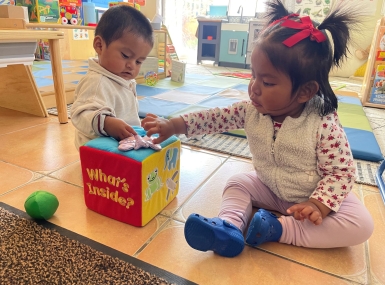Congress reintroduces Elder Justice Act reauthorization legislation
Author
Upcoming Events
Related News

Key Takeaways
On April 19, House Ways and Means Committee Ranking Member Richard E. Neal (D-Mass.), Senate Finance Committee Chairman Ron Wyden (D-Ore.), Senate Special Committee on Aging Chairman Bob Casey (D-Pa.) and Co-Chair of the House Elder Justice Caucus Congresswoman Suzanne Bonamici (D-Ore.) introduced The Elder Justice Reauthorization and Modernization Act of 2023 (H.R. 2718/S.1198), which reauthorizes the Elder Justice Act and dedicates new funding to programs that safeguard older adults and adults with disabilities from abuse, isolation and neglect.
The Elder Justice Act (EJA) was enacted in 2010 and operates under the Administration of Community Living (ACL). EJA is the first federal program designed to combat abuse, neglect and exploitation of older adults. The law authorized a variety of programs and initiatives to better coordinate federal responses to elder abuse, promote elder justice research and innovation, support Adult Protective Services (APS) systems and provide additional protections for residents of long-term care facilities. As a part of the American Rescue Plan Act of 2021 (PL 117-2), $85 million was awarded to 55 state and territorial APS programs representing the first time the federal government has provided formula grants to state APS programs and the largest ever federal contribution to these programs.
The Elder Justice Reauthorization and Modernization Act of 2023 would create three new programs to address medical-legal needs, respond to social isolation and strengthen the long-term care workforce. The legislation directly appropriates $4.5 billion for new and existing EJA programs and activities through fiscal year 2027, including:
- $1.6 billion for post-acute and long-term care worker recruitment and retention;
- $1.9 billion for Adult Protective Services functions and grant programs;
- $232.5 million for long-term care ombudsman program grants and training;
- $500 million to support linkages to legal services and medical-legal partnerships; and
- $250 million to address social isolation and loneliness.
To read a full summary of the bill, click here.
Nationally, counties own, operate and support 758 skilled nursing facilities and nursing homes and in 14 states, counties are responsible for APS which covers neglect, self-neglect and fiduciary and physical abuse of older and disabled adults. The nursing home and long-term care sector has had persistent challenges with workforce recruitment and retention, an issue exacerbated by the COVID-19 pandemic.
This legislation will greatly benefit the ability of counties to improve our APS systems and tailor workforce recruitment and retention initiatives to meet the unique needs of our local communities. We look forward to working with Congress and the Administration to ensure its enactment during the 118th Congress.
ADDITIONAL RESOURCES
Resource
The County Role In Long-Term Care

Related News

National Association of Counties expands programming to build childcare supply
NACo announces the launch of its Childcare Supply Network. This new peer learning network will support local leaders in addressing childcare challenges and co-creating sustainable solutions to strengthen local childcare systems in response to workforce needs.

California county program helps spark student careers
San Diego County created a win-win program to fill open staff vacancies and give college students real-world work experience.

California county, non-profit help launch child-care startups
Adrianna Segura, a Stanislaus County, Calif. mother of two, was licensed to be a home-based child-care provider, but she didn’t know the first thing about starting a business. She knew how to take care of children, but she wasn’t sure how to file taxes, create contracts or what her rate should be.
